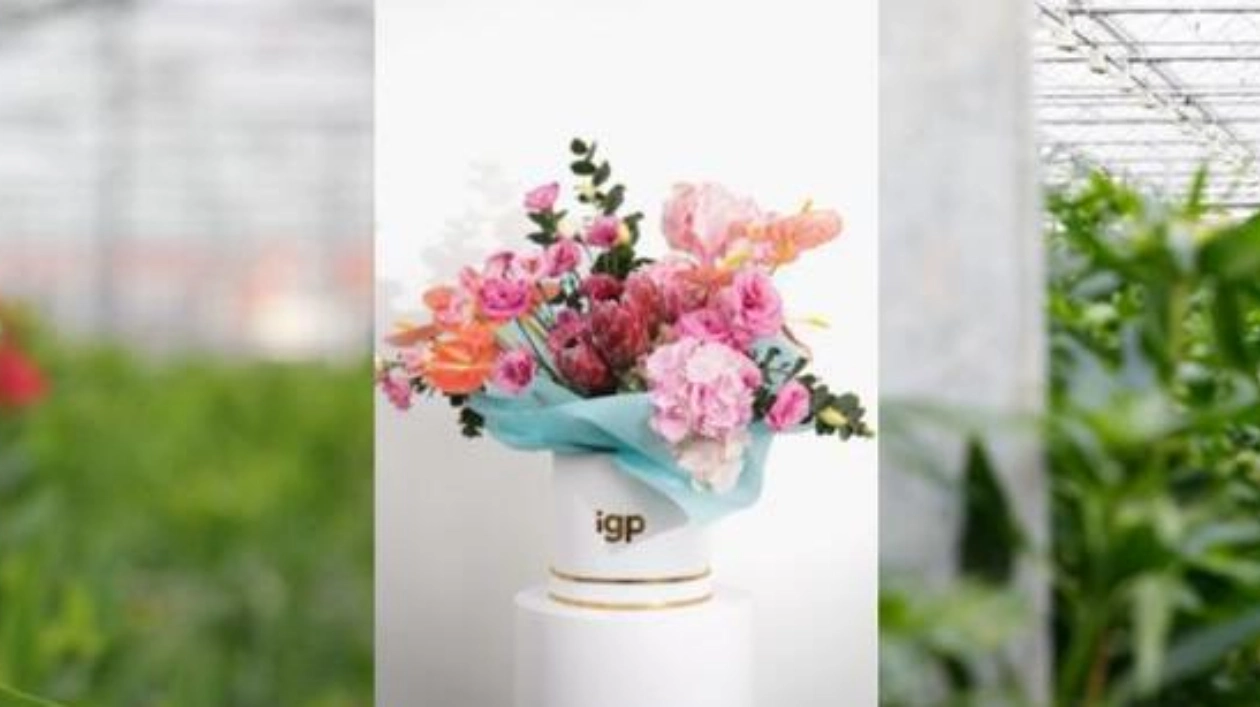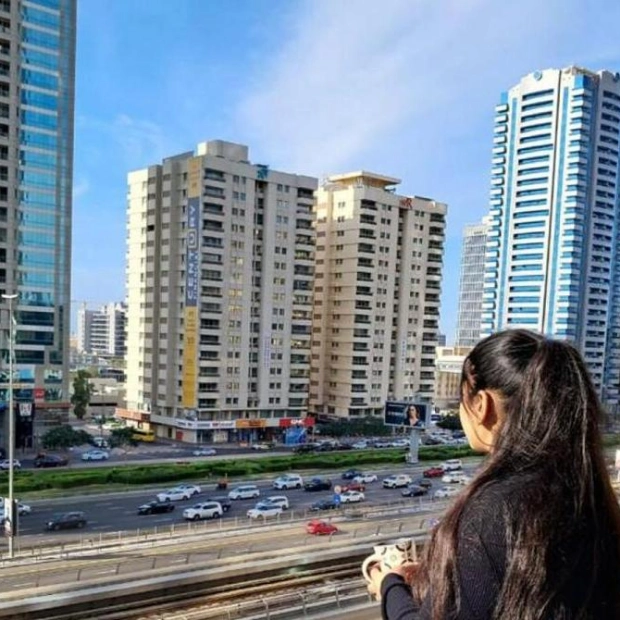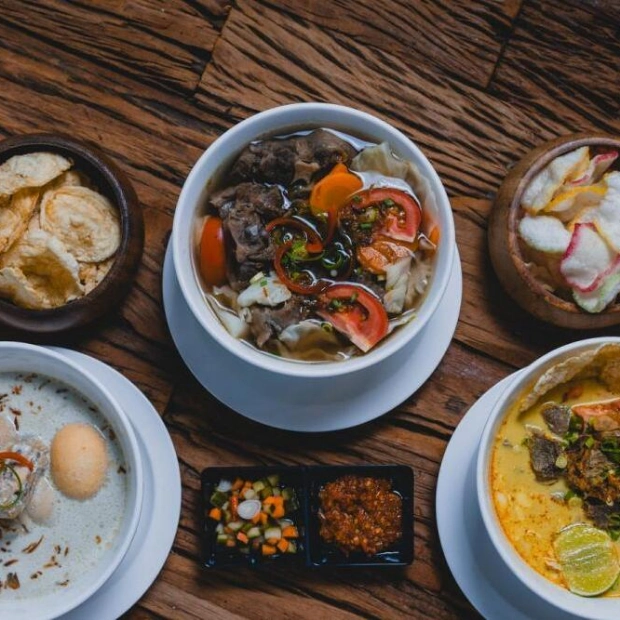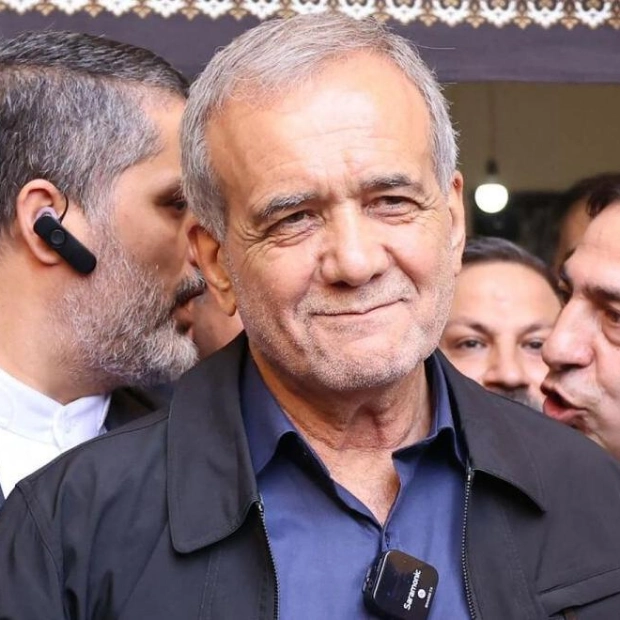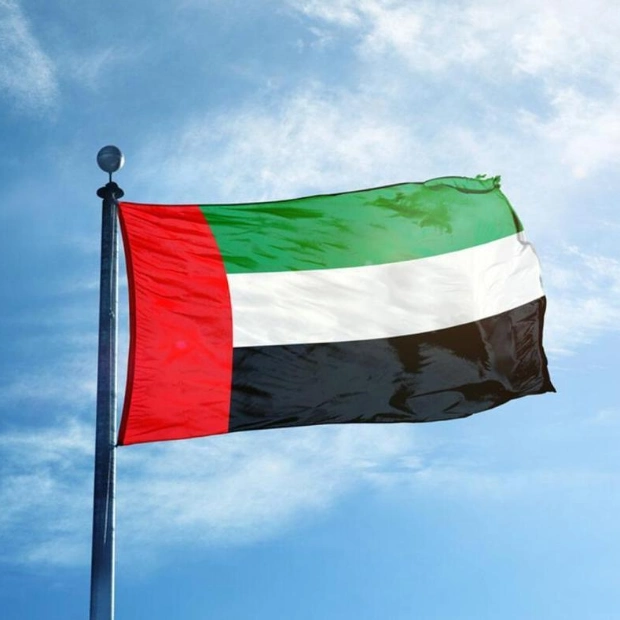IGP Middle East, an international platform for gifts, is implementing a series of sustainability measures in its supply chain to ensure the planet's long-term health, supporting various environmental initiatives in the process.
The company continuously monitors and aims to reduce its carbon footprint across all products by using eco-friendly packaging materials and optimizing transportation, warehousing, and distribution processes. By leveraging Artificial Intelligence (AI) and Machine Learning (ML), IGP Middle East has reduced carbon emissions and minimized the distance traveled through route optimization. Additionally, the company has used historical data to reassess its infrastructure, adapting dark stores to meet demand while further reducing carbon emissions.
Since its inception, IGP Middle East has trained over 10,000 farmers and standardized growing, conditioning, and transportation processes, including temperature-controlled movement of flowers. The company was the first to introduce flower food with bouquets, requiring consumers to add it on alternate days, ensuring a minimum of five-day freshness for all flowers, driving consumer satisfaction and setting a new industry standard.
Over 10,000 artisans and growers have been uplifted through these initiatives, helping to localize a category that once heavily relied on expensive imports. A notable success of this support is the cultivation of exotic, high-quality flower varieties by local growers, reducing dependency on exports and fostering a sustainable agricultural ecosystem.
As the company continues to innovate and support its community, it sets a benchmark for sustainability and product excellence in the gifting industry. Boasting a meticulously curated collection that features festival merchandise, gifts, fresh flowers, cakes, plants, gourmet foods, and personalized products for all occasions and festivals, IGP serves customers across the globe and delivers to more than 150+ countries. IGP Middle East has offices in India, Singapore, and Dubai.
